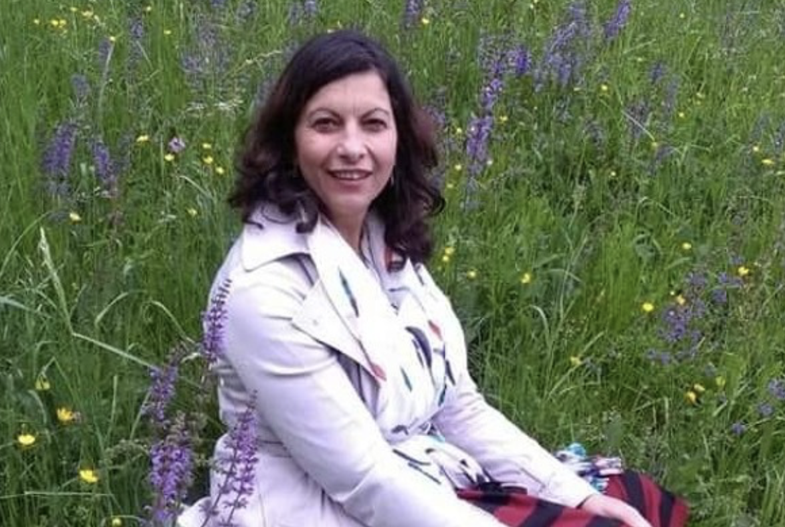
Teacher and activist Ina Kasimati passed away on March 23, 2024, due to cancer. Recently, after the Oncology hospital scandal, her letter, where she shared her experience at this hospital, has gone viral.
"When I was diagnosed with breast cancer 4 years ago, I did the operation at the Oncology hospital at QSUT. I've been operated on (myself and many patients) on a three-legged bed and had all my lymph nodes removed because that's how the apparatus was. Then, the head of therapy, Dr. The gift did not give me the therapy according to the protocol and it was only when I went to Italy for a visit that I learned this. When I came back and told Dr. Presently, she showed me the list of patients who had been waiting for months to receive Zoladex. I then wrote to the director of the hospital, Mr. Joti. No answer", said Ina.
Then, she said that she also wrote to the minister and finally to the Prime Minister Edi Rama:
"I wrote to the minister, Ms. Manastirli. No answer. Then, a friend suggested me to write to the Prime Minister. It seemed absurd, but I did it. And for half an hour, the director of the hospital wrote me an SMS (to wash his mouth): "Mrs. Kasimati, you have taken the medicine at the hospital's pharmacy" (funny). I objected and wrote that I didn't take the medicine and I didn't even know where the hospital pharmacy was. After a few days they called me and I was put on the list for the medicine. After three years, when my illness recurred and the call was made public to help me financially to go abroad and hundreds of Albanians began to support me, the minister, Ms. Manastirliu, called me and asked about my health".
Ina recounted the situation in the Oncology hospital:
"I told him I want to go to a hospital outside, since the Oncology hospital for me had turned into a horror from the entrance door where the policeman and the coordinator pushed you and the small room of the oncologist, which I went to every three months and ironically after Covid There were two doctors who simply filled out the card and left to do the therapy. No bed in the room, no stethoscope, no privacy to communicate with the doctor. At the door, you were waiting in line. I don't know if you went to the Oncology hospital, on the first floor where there are photos from touristic Albania with a caption in English of a pharmaceutical company: "Do now, what the patient needs later"! There was also a photograph from a church in Voskopoja where there was a grave in the courtyard. When I saw it I was horrified. I took a picture of it. I sent it to the director, I also posted it on my Facebook page and then it was removed."
Also, the deceased teacher and activist raised her (and everyone's) questions about the medical service in the country:
"Before I left for France, thanks to the support of the Albanians and not the state, I was waiting for the biopsy response, but I didn't get it because the hospital lacked kits. Meanwhile, in those hospital corridors, I met family members of the patients there, worried about the lack of medicines and chemotherapy. Not to mention the scanner that remains as a rare thing to be done and not as a routine procedure to follow you in the course of medical treatment, or tests, medicines. A patient who pays health insurance doesn't have to write to the director, the minister, the prime minister... It's a shame! In which European country does this happen? The health service should be a normality if you are treated/operated in the public hospital and if it is not done there, the health insurance scene takes over the payment support for the patient. Why, after you become public and ask for help, does the minister take you on the phone and "wash the morals" that the state gave the help?", asked the deceased activist.
Furthermore, she also recalled the case of Genc Fuga, who also received the help of citizens to carry out the intervention, after suffering a stroke:
"I am curious to know, in the case of the actor Fuga, what support has the state given him, when he is a health insurance payer? And Dr. Petrela, what has he done specifically when he is a doctor in the public hospital and the best neurosurgeon?".
Ina passed away at the age of 53. she was a teacher at the "Andon Zako Çajupi" high school in Tirana and left behind two sons, one of whom is a minor.
As for the case of the Oncologist, you can read the recommended article:





